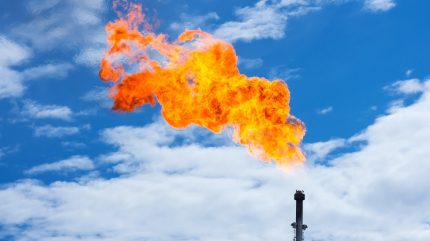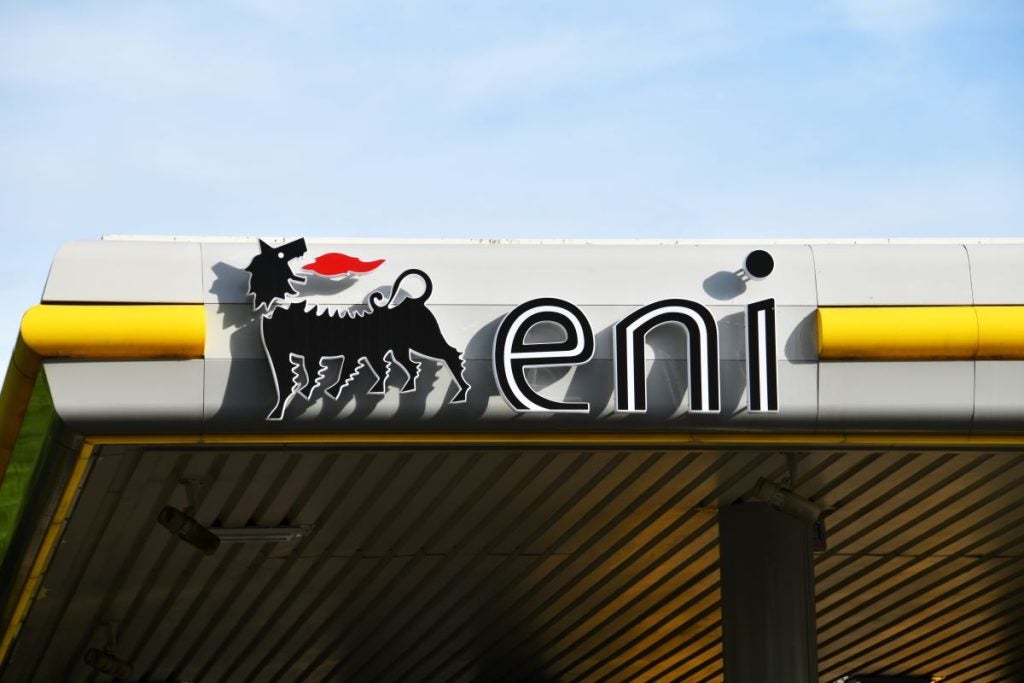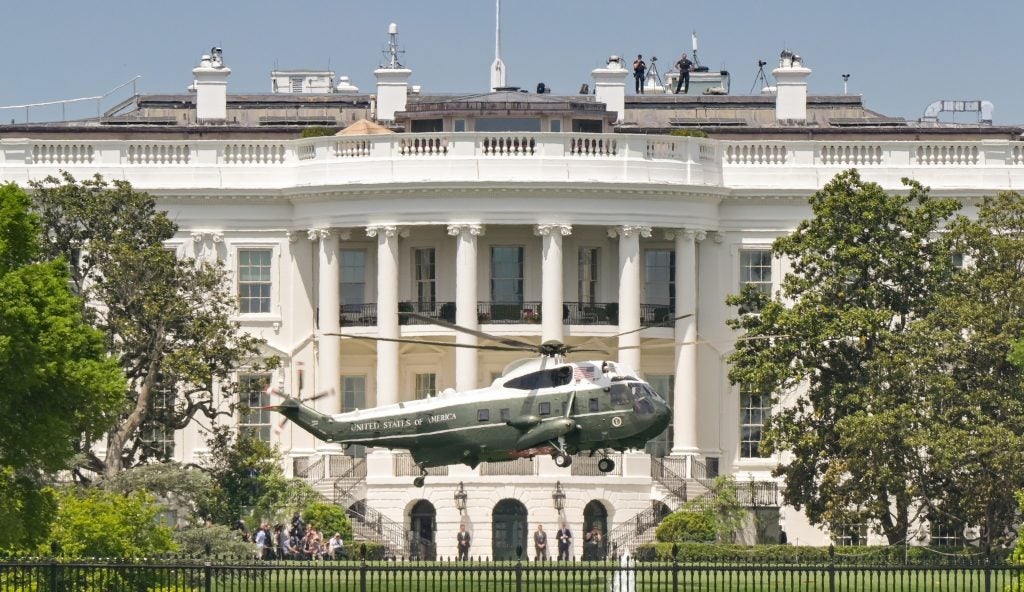
The US Department of the Interior has announced a new rule from the Bureau of Land Management (BLM) to reduce oil and gas waste on public and tribal lands.
The regulation is designed to hold oil and gas companies accountable by mandating actions to prevent waste and address leaks.
The BLM’s final rule aims to conserve billions of cubic feet of gas that would otherwise be vented, flared or leaked from oil and gas operations.
It is also expected to generate more than $50m in additional natural gas royalty payments annually for federal taxpayers and tribal mineral owners.
According to the US Department of the Interior, from 2010 to 2020, the average annual venting and flaring by federal and Indian onshore lessees was around 44.2 billion cubic feet.
This move is a response to US Government Accountability Office reports that identified revenue losses due to outdated BLM regulations.
How well do you really know your competitors?
Access the most comprehensive Company Profiles on the market, powered by GlobalData. Save hours of research. Gain competitive edge.

Thank you!
Your download email will arrive shortly
Not ready to buy yet? Download a free sample
We are confident about the unique quality of our Company Profiles. However, we want you to make the most beneficial decision for your business, so we offer a free sample that you can download by submitting the below form
By GlobalDataStates such as Colorado, New Mexico, Pennsylvania and Wyoming, along with the US Environmental Protection Agency (EPA), have already implemented measures to curb venting, flaring and leaks in oil and gas operations.
The BLM rule, while distinct from the EPA’s, ensures operators can adhere to state, tribal or federal regulations while meeting these new requirements.
US Department of the Interior Secretary Deb Haaland said: “By leveraging modern technology and best practices to reduce natural gas waste, we are taking long-overdue steps that will increase accountability for oil and gas operators and benefit energy communities now and for generations to come.”
The American Petroleum Institute (API), a trade body representing the oil and gas industry, has expressed concerns about the new BLM rule, suggesting a potential overreach of authority.
API vice-president of upstream policy Holly Hopkins said: “We are reviewing the final rule to ensure it remains within BLM’s statutory authority to regulate waste of natural gas and will consider all options to prevent regulatory overreach.”
Earlier in the week, the API, along with 19 other associations, called on the EPA to reconsider what they term a “misguided” methane fee on the US energy sector.







